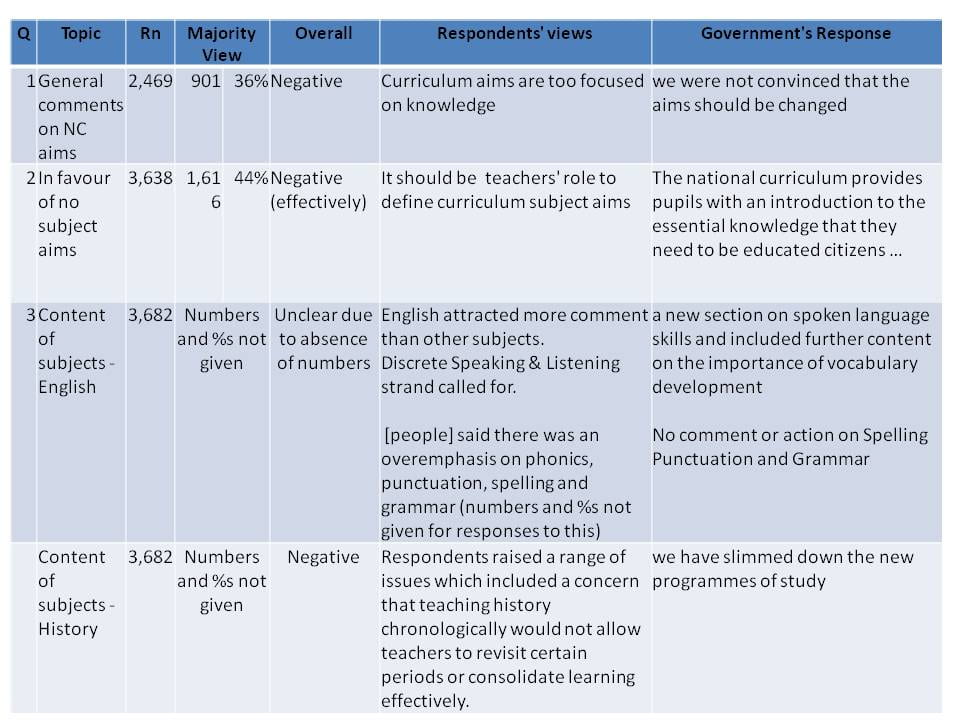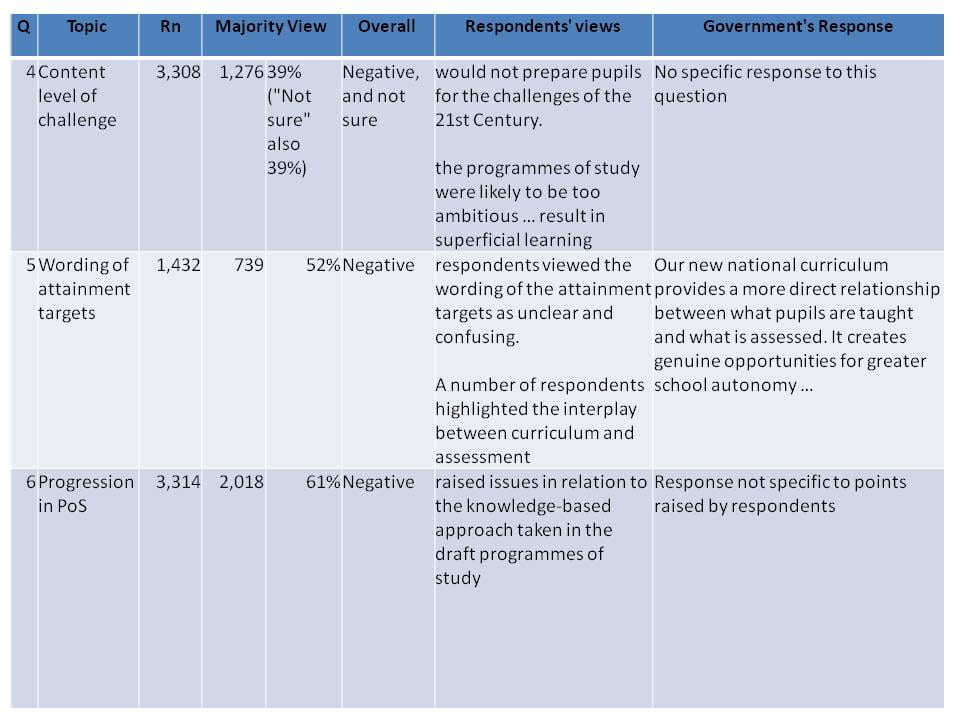Dominic Wyse
Primary children should develop a “love of literature through widespread reading for enjoyment”, according to the Government’s proposed new English curriculum. I couldn’t agree more. An early introduction to the wonderful range of children’s books will enrich their lives forever. Children who love to read and relish a wide range of texts are more likely to succeed at school and enjoy their time there. As the Programme of Study says: “for pupils, understanding language provides access to the whole curriculum.”
But is the proposals’ encouraging use of the words love and enjoyment mere rhetoric or does it signify a rich seam weaving its way naturally throughout the Programme of Study? Unfortunately not the latter, because at every turn pleasure, love, and meaning appear to be secondary to the mechanics of phonics, spelling and grammar.
This over-emphasis on mechanics fails to reflect advances in research and scholarship over the last 25 years. For example, we know that phonics teaching is an important part of helping children learn to read. But we also know that too much phonics of the wrong kind can have a negative effect by narrowing the curriculum and by risking a lack of attention to other important parts of learning to read. The decontextualised phonics programme set out in the Programme of Study is not the only effective way to teach phonics. Research has shown that learning about the alphabetic code is effective when set in the context of whole texts (such as stories, poems, and songs: Peterborough headteacher Christine Parker and I have shown ways to do this in our new handbook).
Grammar, too, is better learned in context, so that it supports children’s use of language — for example teaching children to craft their use of language in relation to the intended audience for their writing — rather than through learning terms such as “subordinate clause”. Have we not learned anything from 10 years of explicit grammar teaching in the National Literacy Strategy, and its failure significantly to improve primary pupils’ writing?
Importantly, any new curriculum needs to take account of the real world that 21st century children are living in and recognise the value that children’s languages, dialects and vernacular bring to the classroom. Multi-vernacularism is the daily reality for all pupils and teachers in England. In urban and rural settings pupils speak, hear, and engage with accents, dialects and multiple languages.
Linguistic misunderstanding is also seen in the absence of talk in the draft Programme of Study. Following the hard fought battles to have talk as an explicit part of the national curriculum the limp exhortations for pupils to “discuss what they are learning and to develop their wider skills in spoken language” is simply not enough. Careful re-drafting of the curriculum for language will require clear understanding of the difference between talk as part of pedagogy (e.g. dialogic teaching), and elements of pupils’ talk that can be enhanced through direct teaching.
I would argue that this Programme of Study needs a complete rewrite, guided by the following principles:
- It should be informed by a coherent interdisciplinary research perspective. Part of this requires a foundation in the daily reality of the many types of English (and other languages) children use.
- Developing pupils’ motivation for learning should be an explicit element throughout. Opportunities for pupils to choose texts to read and write is a vital part of this.
- Expressing meaning and interpreting meaning should be the driving forces of the Programme of Study. This means that comprehension and composition should come first and foremost in any relevant sections.
- The teaching of mechanics such as phonics and spelling should be closely related to comprehension and composition, not excessively decontextualised.
- The “subject” should be titled Language, not English, as it is in Scotland, Wales and Northern Ireland, to recognise its breadth. It should also be part of a single developmental integrated curriculum from the early years through to the end of schooling.
For more on multi-vernacularism and other issues raised see Wyse, D. (Ed.) (2011). Literacy Teaching and Education: SAGE Library of Educational Thought and Practice. London: Sage.
 Close
Close





